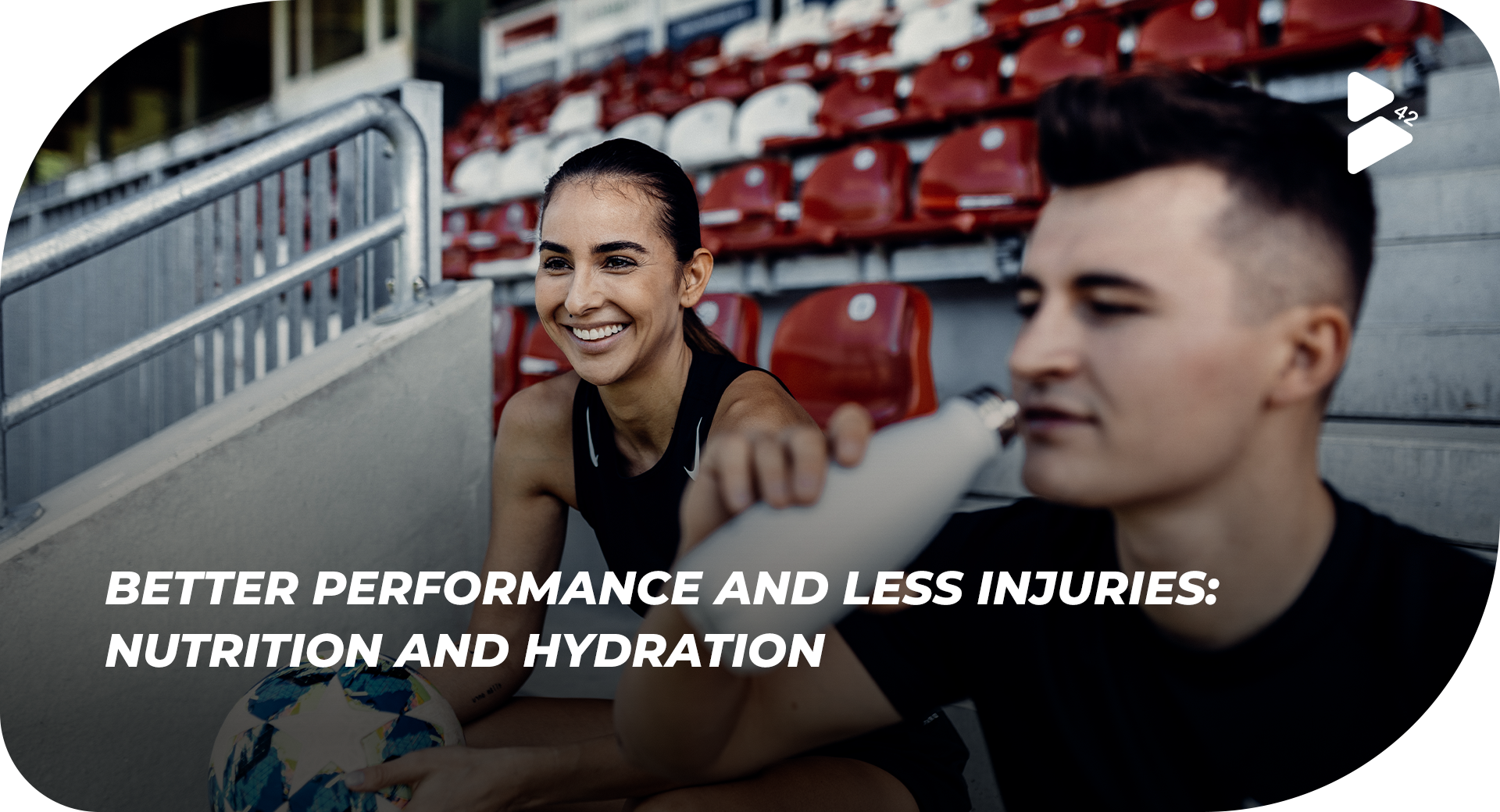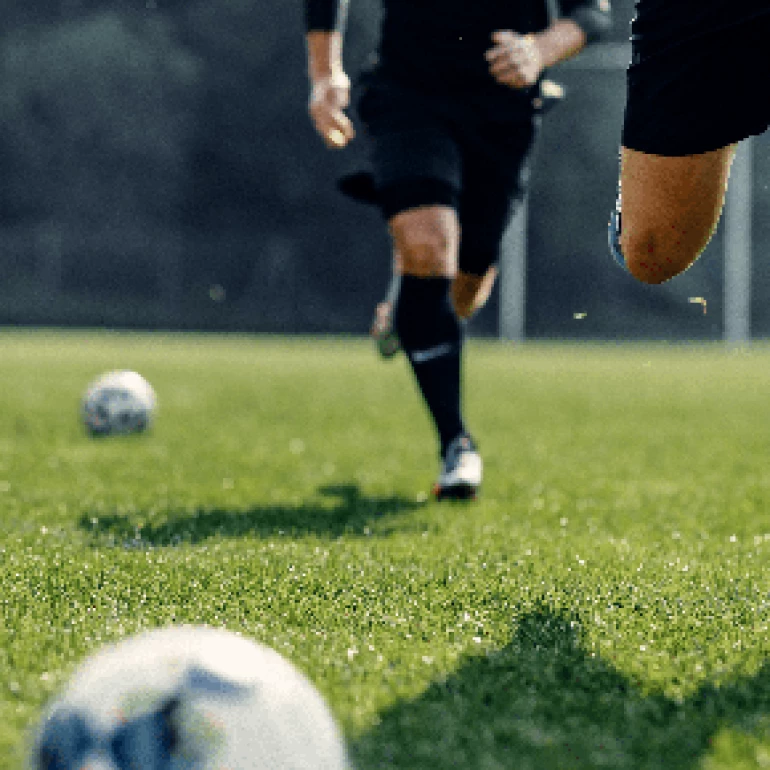Basics of nutrition and energy supply
Carbohydrates are probably the most important source of energy during intensive exercise. On the other hand, the largest energy source that we store, the fats. All other energy sources such as proteins, alcohols, etc. we want to leave out of this consideration.
While the fat stores are almost inexhaustible, we are clearly limited in the capacity of our carbohydrate stores. This should not be an indication of a possibly too high body fat percentage, but this is always the case with a healthy western diet. In addition, the two stores also differ very clearly in their ability to store energy. Thus, 1g of carbohydrate can store about 4kcal of energy, while 1g of fat can store about 9kcal. Complementing this significant difference in storage capacity is the size of the stores. For carbohydrates, the amount available is about 200-550g, depending on body composition, while for fats it is several kilograms, also depending on body composition, of course. During exercise, the difference in energy supply depending on the initial storage is probably the most important difference. The provision of stored energy can be ensured much faster by carbohydrates than by fats. In addition, it is indispensable for fats that oxygen is used during the provision. Carbohydrates, on the other hand, can be metabolized anaerobically, i.e. without the aid of oxygen, for a certain period of time.
In most cases, only carbohydrates can be used to provide energy for the partially intensive to high-intensity exertion in football, since this is the only way to provide sufficient energy per unit of time. This applies in principle to any form of high-intensity exercise with the aim of achieving the best possible performance.
In addition to these two main stores of energy, protein intake plays an important role especially in the adaptation of training. Here we can already clearly differentiate into the need for energy sources and building blocks for adaptation to training. Protein can be considered one of the most important building blocks in building muscle. Sufficient protein intake also plays an important role in recovery after high-intensity sessions and for an intact immune system. The recommendations for the intake of protein via food or as a dietary supplement vary widely. However, there is widespread agreement on the increased protein requirement after intense exercise. Whether and to what extent a supplementary intake of protein is necessary depends, of course, very much on the eating habits of the individual.
As a last point we want to illuminate the topic of fluid balance, certainly one of the topics that is rather neglected in the overall concept of nutrition. However, rehydration, i.e. the compensation of fluid loss, plays a very important role for regeneration after exertion. Also the hydration in the apron of a sporty load, as well as during this has, naturally a large influence on the efficiency.
We will now try to sort the above-mentioned areas for you into training phases and under game and competition load.
Nutrition before and during the game
The difference to nutrition in training is that in the game the overriding goal is maximum performance. Supplemented, if necessary, by rapid regeneration after the game.
In the immediate preparation for a game, therefore, there should be no energy deficit, as this can lead to a slight to large reduction in performance, depending on the extent. To avoid this, it is important to replenish the required stores before the game. This replenishment of the stores must be done with some foresight, since our body is strongly limited in the temporal absorption capacity of various nutrients. The example of carbohydrates is about 1g per kilogram of body weight per hour, a larger amount in the same time unit can not be absorbed through the stomach. Therefore, this must be taken into account especially in low carb diets or similar diets. During the game or half-time, it can make energetic sense to "refill" the carbohydrate store again. The most effective way to do this is with short-chain carbohydrates (gel, KH drink), as these are available as quickly as possible. The amount should not exceed 30-40g, but it is advisable to test this in advance in a training game or intensive unit to ensure the compatibility even under load.
In any case, the diet has a lot of potential to slow down your own training progress or to support it. Experience shows, avoid the biggest mistakes and you will be on the right track.
Download the B42 Football App right now:
Be fearless. Be focused. Be fueled.




